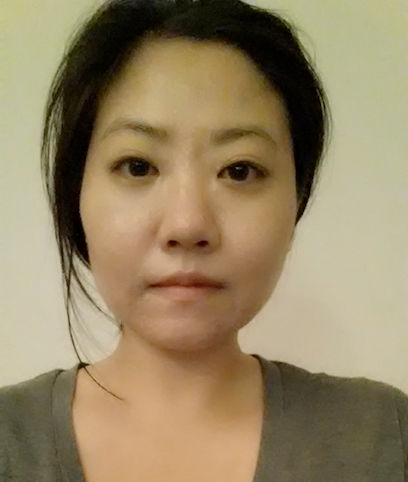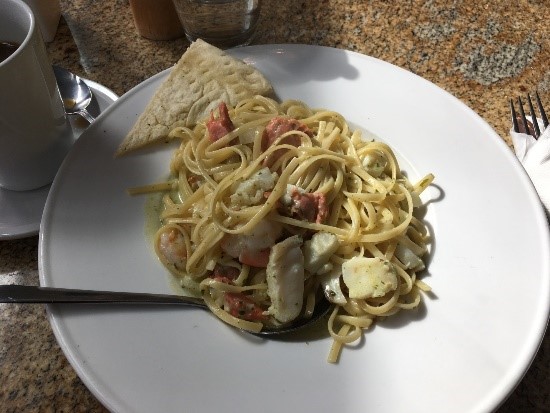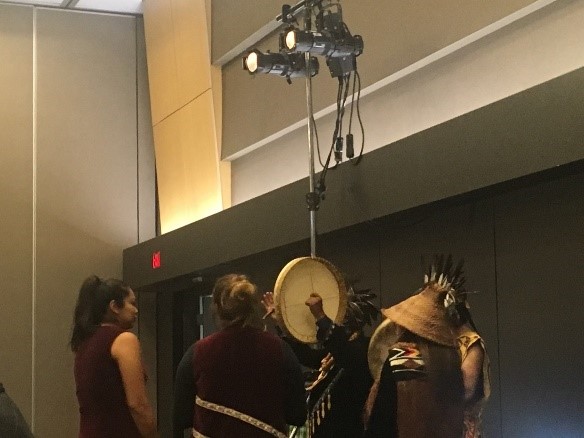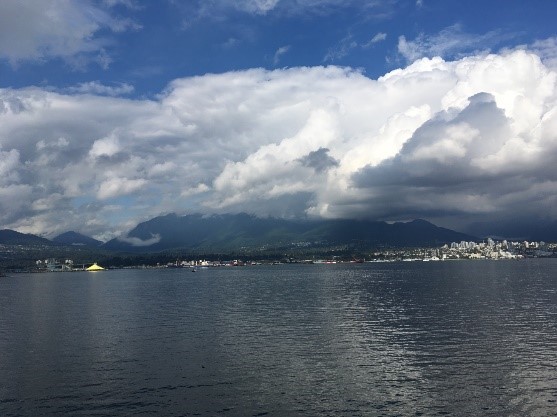 By Haisle Moon, PhD Student, Kizhakkedathu Lab
By Haisle Moon, PhD Student, Kizhakkedathu Lab
The 37th World Congress of the International Society of Hematology (ISH) was hosted by the Canadian Hematology Society in Vancouver, British Columbia on Canada’s magnificent west coast, from September 13 to 16, 2018.
 The ISH World Congress is a highly-regarded forum in the field of hematology for new information, technology, interactions and exchange of innovative ideas between world-renowned scientists and practitioners from all parts of the world. The congress took place in the award-winning Vancouver Convention Centre located in the heart of downtown Vancouver’s waterfront, which features spectacular scenery and fabulous cuisines inspired by diverse neighbourhoods.
The ISH World Congress is a highly-regarded forum in the field of hematology for new information, technology, interactions and exchange of innovative ideas between world-renowned scientists and practitioners from all parts of the world. The congress took place in the award-winning Vancouver Convention Centre located in the heart of downtown Vancouver’s waterfront, which features spectacular scenery and fabulous cuisines inspired by diverse neighbourhoods.
 The congress started with symposia on various topics, dedicated to the education of professionals in all areas of hematology, followed by a plenary session. Our own CBR postdoctoral fellow Dr. Piyushkumar Kapopara from the Conway lab won the best abstract award in the plenary session (congratulations Piyush!!!) for his talk on the identification of CD248 as a novel cofactor for tissue factor-mediated activation of coagulation. After the plenary session, we were welcomed by an enjoyable First Nations Performance in an opening ceremony that really portrayed the remarkable and unique images of Canada.
The congress started with symposia on various topics, dedicated to the education of professionals in all areas of hematology, followed by a plenary session. Our own CBR postdoctoral fellow Dr. Piyushkumar Kapopara from the Conway lab won the best abstract award in the plenary session (congratulations Piyush!!!) for his talk on the identification of CD248 as a novel cofactor for tissue factor-mediated activation of coagulation. After the plenary session, we were welcomed by an enjoyable First Nations Performance in an opening ceremony that really portrayed the remarkable and unique images of Canada.
The next day I had an opportunity to present my work, which was briefly mentioned during the opening ceremony (YAY!). My poster described the generation of universal donor red blood cells (RBCs) by enzymatic conversion of A-type RBC to O-type. Enzymatic conversion of group A RBCs is difficult due to the lack of active, specific glycosidases and the complex nature of the A antigen. I studied two novel glycosidases with improved kinetic properties and high specificities for A antigen that efficiently convert A group RBCs to universal O group RBCs. This technology will hopefully increase transfusion safety, and was of interest to many attendees at the congress. My Kizhakkedathu lab mate Usama Abbasi also presented his work on developing novel macromolecular therapeutics for the treatment of iron overload.
 Overall, the ISH World Congress had a strong sense of community based on scientific networking and was dedicated to providing an international education source and forum for hematology professionals. It served to strengthen communication between basic research and the latest advances in clinical management to ensure progress toward better health care delivery.
Overall, the ISH World Congress had a strong sense of community based on scientific networking and was dedicated to providing an international education source and forum for hematology professionals. It served to strengthen communication between basic research and the latest advances in clinical management to ensure progress toward better health care delivery.


